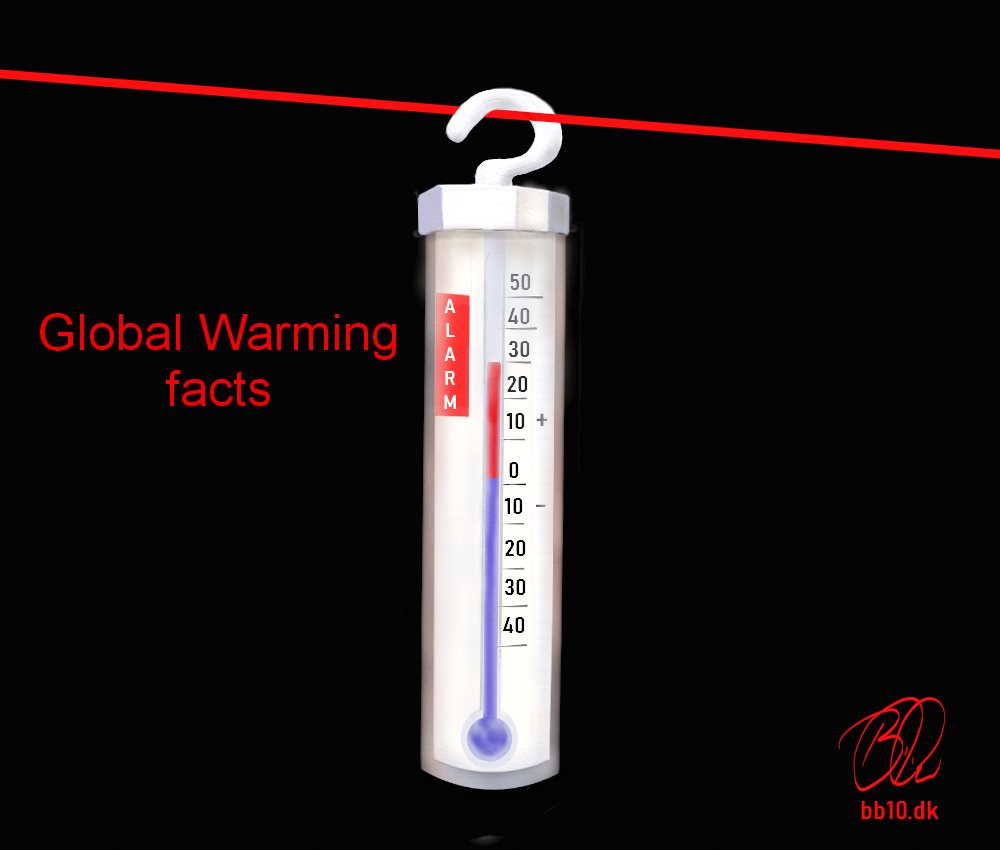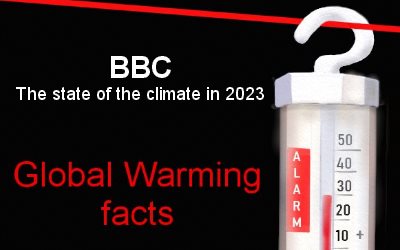Global Warming facts
2023: A record-breaking year The past year has been a time of climate firsts, mainly for the wrong reasons.
Global Warming facts
2023: A record-breaking year
The past year has been a time of climate firsts, mainly for the wrong reasons.
There have been over 38 days this year that were more than 1.5⁰C hotter than average – higher than any other year on record.
This follows a warning from the World Meteorological Organisation that 1.5⁰C of warming will start to become the norm in the next five years –
and become permanent by the mid-2030s.
Meanwhile, the oceans have also been rapidly heating up. While the oceans’ ability to absorb heat has helped to buffer our climate,
there are concerns that they may be reaching their capacity.
This year, sea surface temperatures hit record highs for four months, and were almost 1⁰C hotter than is normal at this time of year.
This had a devastating effect on Antarctic sea ice, which has shrunk drastically over the past decade. It collapsed to a historic low this year,
being around a million square kilometres smaller than the previous record from 1986 – an area of ice around four times the size of the UK.
Wildfires, extreme heat and storms have also been constant across the year, with concerns that Earth’s climate may already be passing tipping points
that will be hard to recover from anytime soon.
Dr Christopher Wolf, a co-author of the report, says, ‘As scientists, we are hugely troubled by the sudden increases in the frequency
and severity of climate-related disasters.’
‘The frequency and severity of those disasters might be outpacing rising temperatures.
By the end of the 21st century, as many as three to six billion people may find themselves outside the Earth’s liveable regions,
meaning they will be encountering severe heat, limited food availability and elevated mortality rates.’
While 2023’s records may have been contributed to by other factors, including natural climate patterns like El Niño,
these are just exacerbating the increases that climate change is already causing.
Source: Natural Historia Museum






